CircuitsBertille Bak
From to
The Musée d’Art Moderne de la Ville de Paris is presenting Circuits, an exhibition by French artist Bertille Bak, born in 1983. The exhibition follows a Paris-based path involving the artist's two most recent works: Ô quatrième (O Fourth Floor), which looks into the existential questionings of nuns living in a convent, and Transports à dos d’hommes (Borne on Men's Backs), a new project carried out with the residents of a Gipsy camp. Short films, mechanised sculptures, improvised objects, drawings and archival material bring humour, poetry and commitment to Bak's examinations of arduous living conditions and life moments.
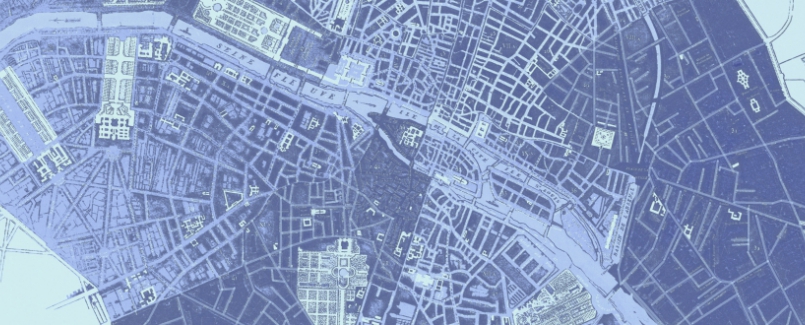
These imaginary narratives find their inspiration in the memories of families and communities united by adversity: on the verge of a departure, for example, or condemned to exile or migration. Bak's work, however, is not limited to observation and narration: she also sets out to reestablish bonds and to record the traditions, histories and identities of groups before their dispersion or their disappearance.
In earlier projects the artist looked at popular uprisings in a mining district in France's Pas de Calais region and in a Bangkok neighbourhood whose residents were under threat of expulsion; and the survival of Polish culture in New York, ensured by its emigrant representatives. Bak's narrative digressions, which include unknowns whose voices usually go unheard, testify to her commitment and play a part in the shaping of new mythologies.
In the ARC contemporary art spaces at the Musée d’Art Moderne, she will be presenting Ô quatrième and Transports à dos d’hommes.
Ô quatrième (O Fourth Floor)
Comprising a short video together with related artefacts and sculptures, this project looks at the order of the Sisters of Charity, alternating a portrait of one of the nuns with fictional filmed inserts.
The video details the artist's interviews with Sister Marie-Agnès, living in the convent of the Chapel of the Miraculous Medal, whose thoughts and memories are accompanied by anecdotes from her daily life. Bertille Bak is especially interested in how the nuns spend their free time, and her picture of convent life interpolates the interviews – including her subject's existential questionings and anxieties about death – with fictional material. In an example of reality outstripping imagination, we learn that the rule of the community requires members to live one floor higher in the building as their health deteriorates. The oldest and most fragile of them thus find themselves on the fourth and last floor.
The soundtrack is made up of the sounds produced by the nuns' personal possessions, among them a glass, a tin of polish, a pair of scissors, a flashlight and an alarm clock. These items are on show in the exhibition, together with documentation of their places in the nuns' rooms and on the soundtrack
Transports à dos d’hommes (Borne on Men's Backs)
The overall project brings together a film, artefacts and archival material including luminous stop-by-stop trip indicators transformed to include sound and a painting showing all the landscapes traversed by the Roma on their voyage from Dororhoi in Romania to Paris.
The film was shot in a Roma camp in the Paris region. As she always does for projects of this type, the artist began by sharing the community's life for several months. Her project focuses on movements, territories and types of music; it does not directly confront the political and social issues involved, although these are implicit throughout the narrative. The real issue here is finding ways of overcoming the constant hostility the community has to cope with.
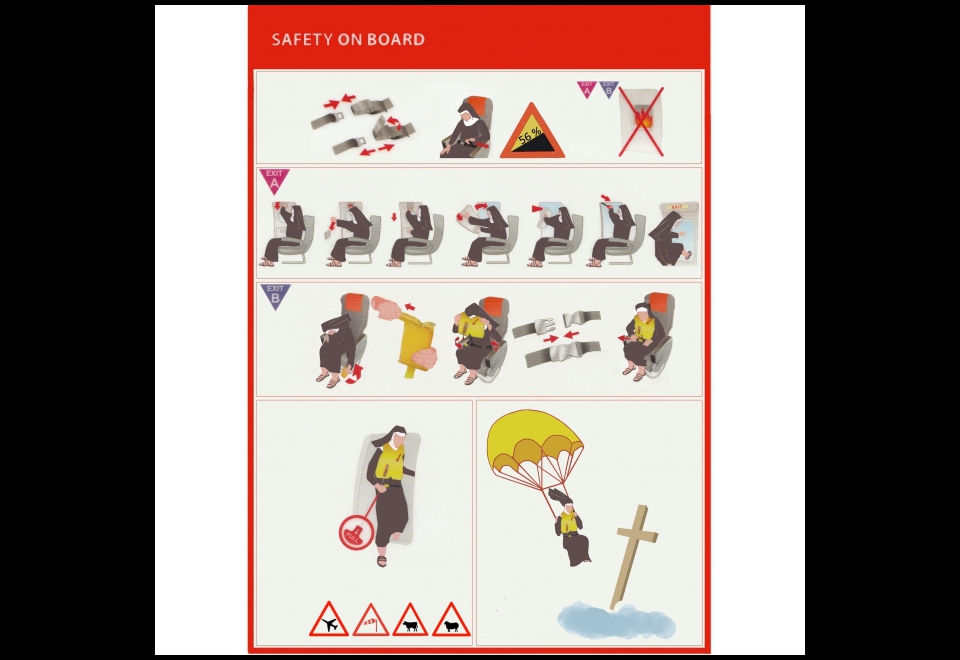
© Bertille Bak
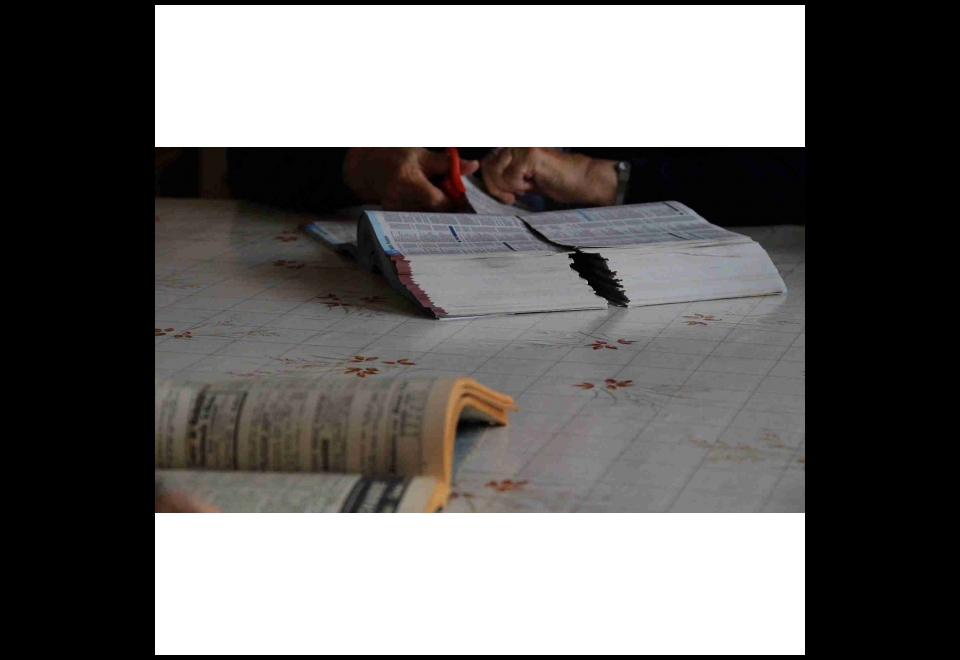
© Bertille Bak
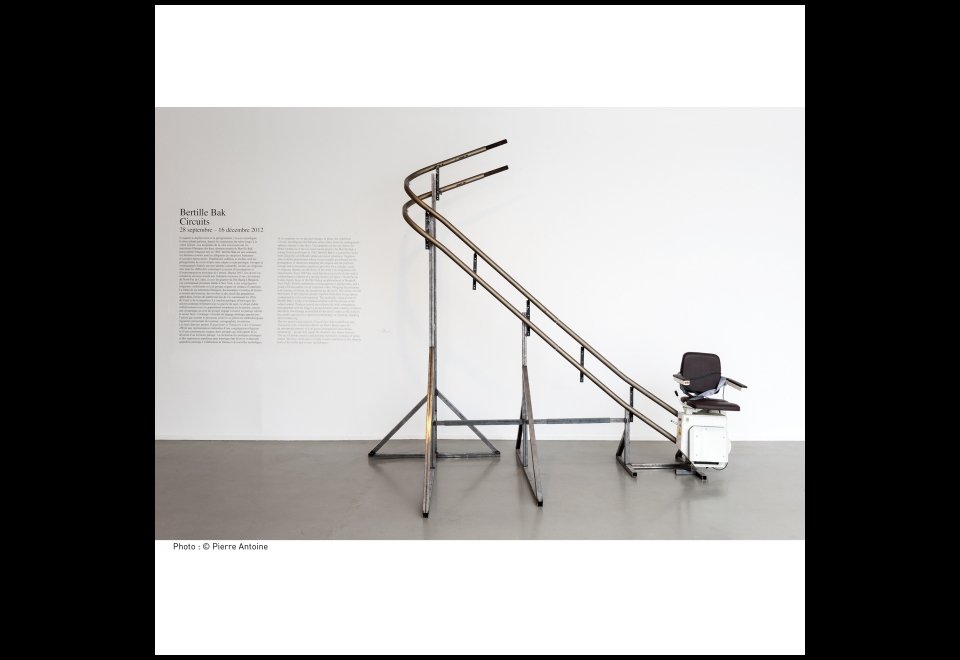
Bertille Bak - Sans titre, 2012
Musée d'Art moderne de la Ville de Paris, 2012
Photo Pierre Antoine
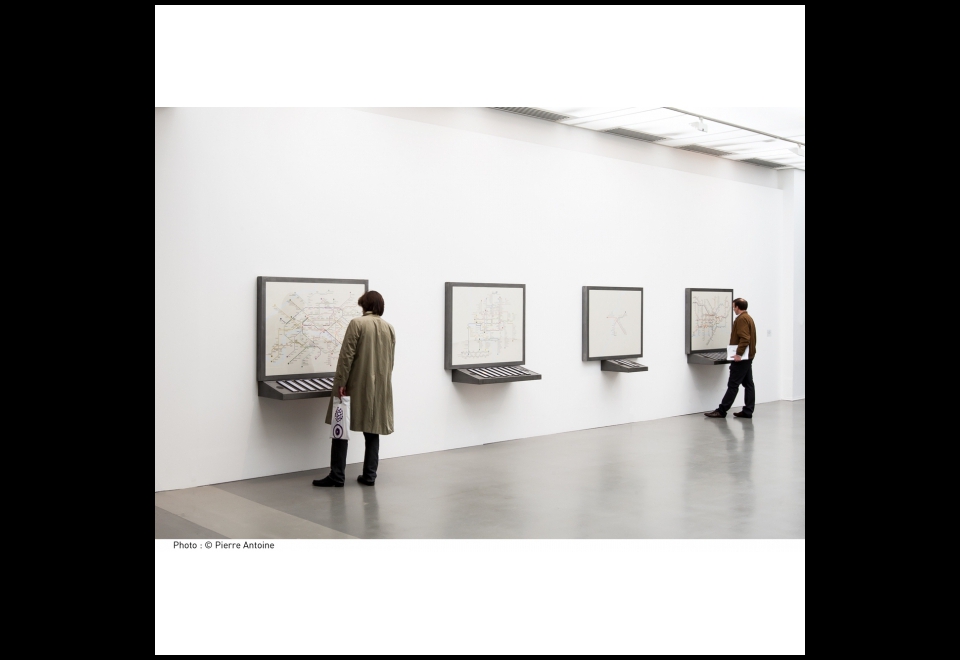
Vue de l'exposition Circuits
Musée d'Art moderne de la Ville de Paris, 2012
Photo Pierre Antoine
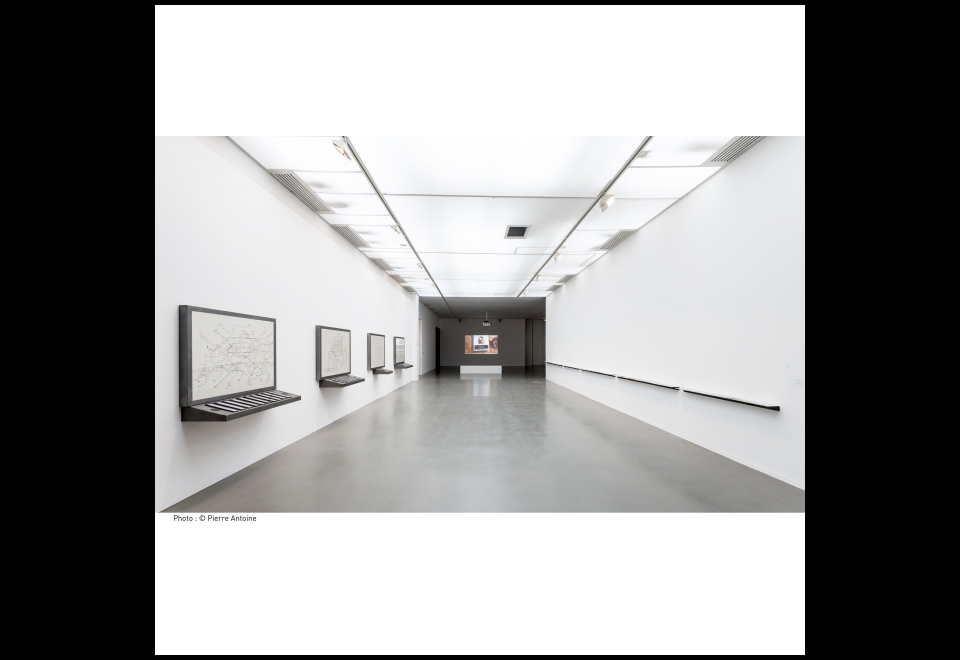
Vue de l'exposition Circuits, Bertille Bak
Musée d'Art moderne de la Ville de Paris, 2012
Photo Pierre Antoine
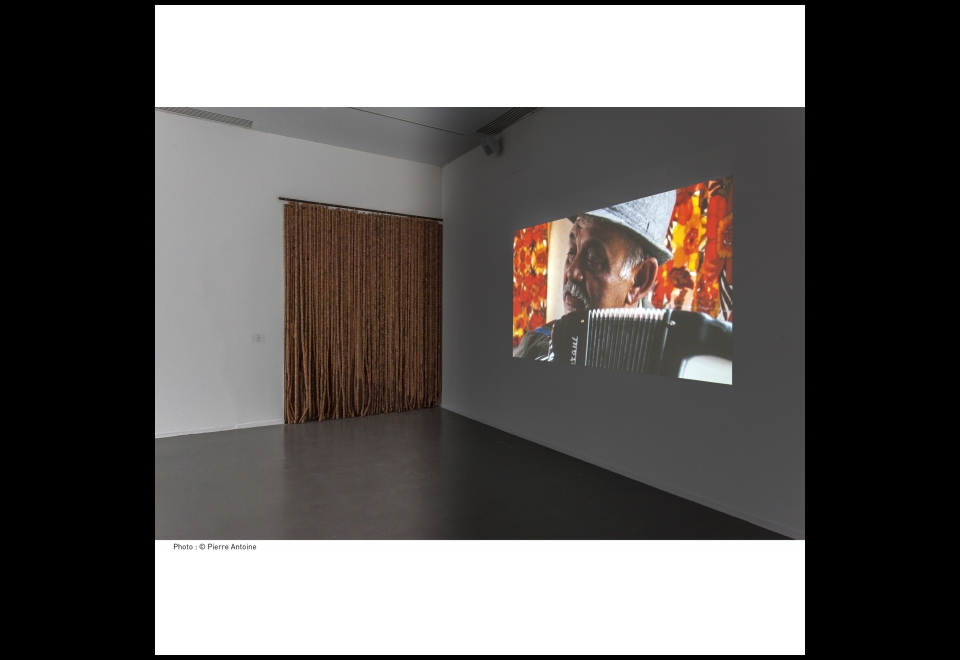
Vue de l'exposition Circuits, Bertille Bak
Musée d'Art moderne de la Ville de Paris, 2012
Photo Pierre Antoine
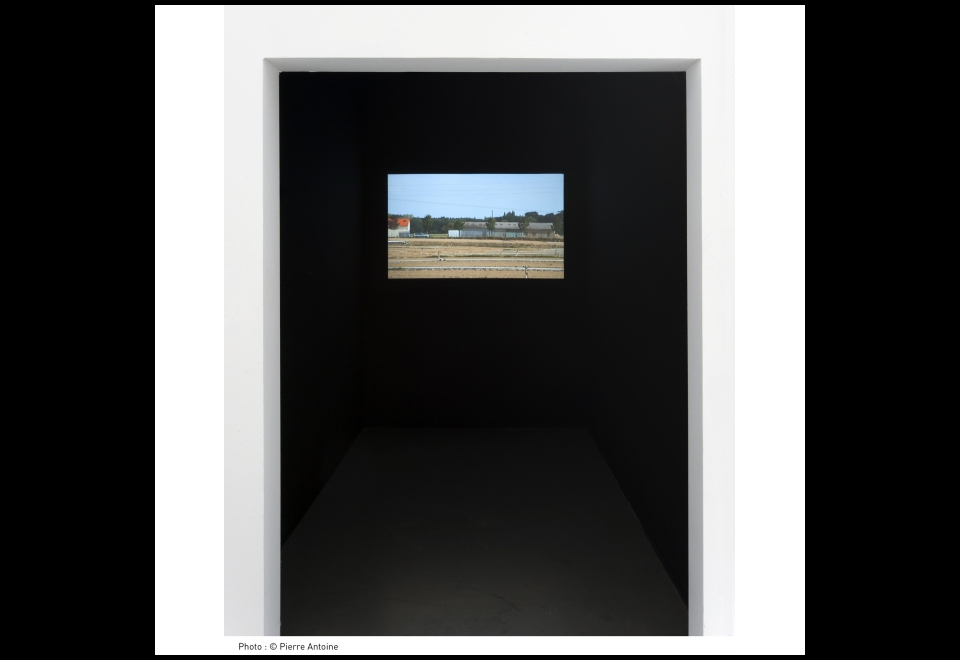
Vue de l'exposition Circuits, Bertille Bak
Musée d'Art moderne de la Ville de Paris, 2012
Photo Pierre Antoine
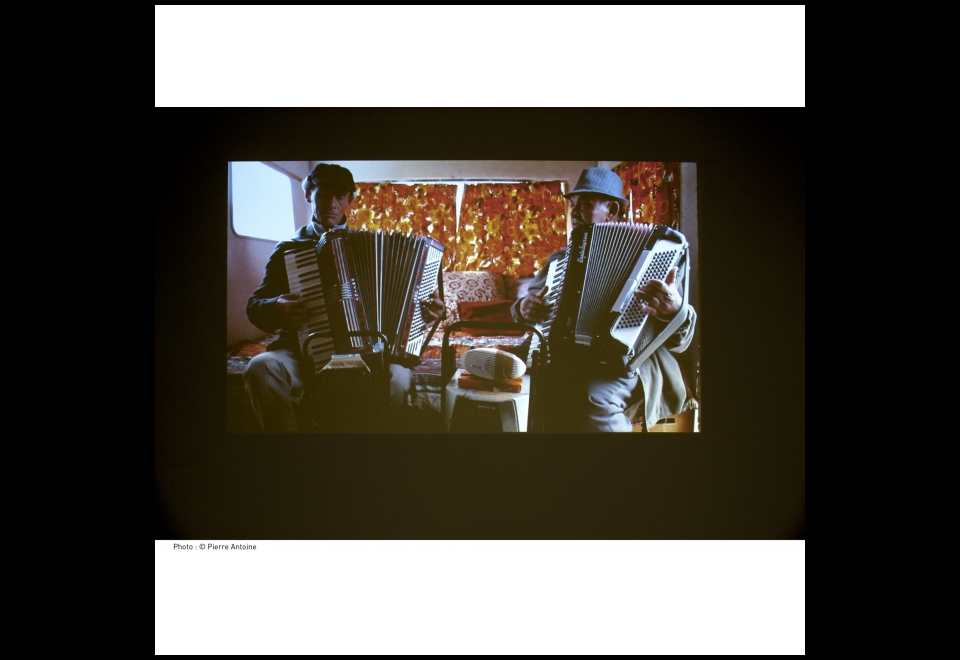
Vue de l'exposition Circuits, Bertille Bak
Musée d'Art moderne de la Ville de Paris, 2012
Photo Pierre Antoine
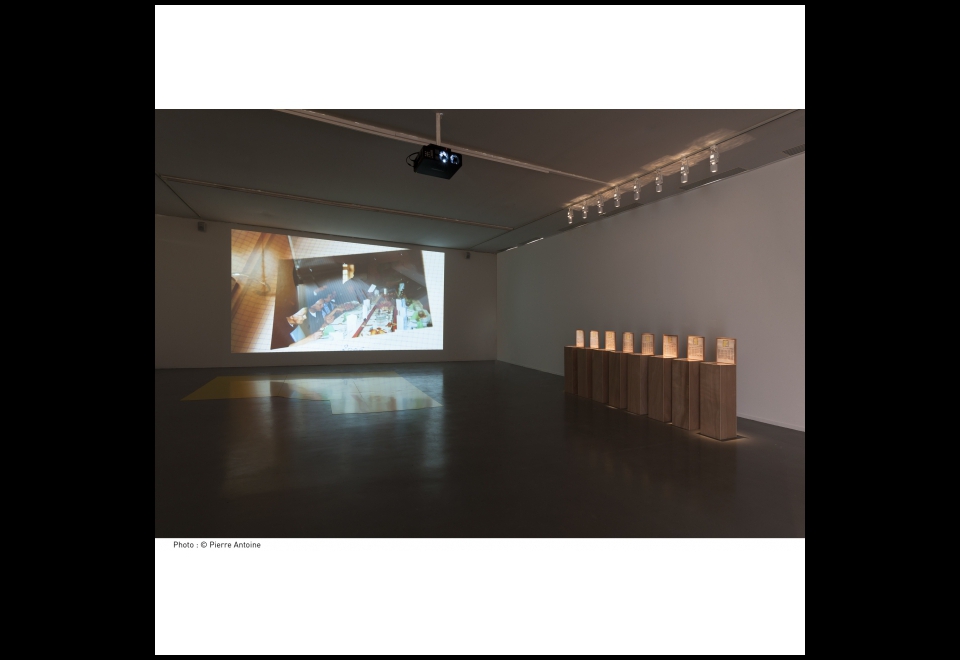
Vue de l'exposition Circuits, Bertille Bak
Musée d'Art moderne de la Ville de Paris, 2012
Photo Pierre Antoine
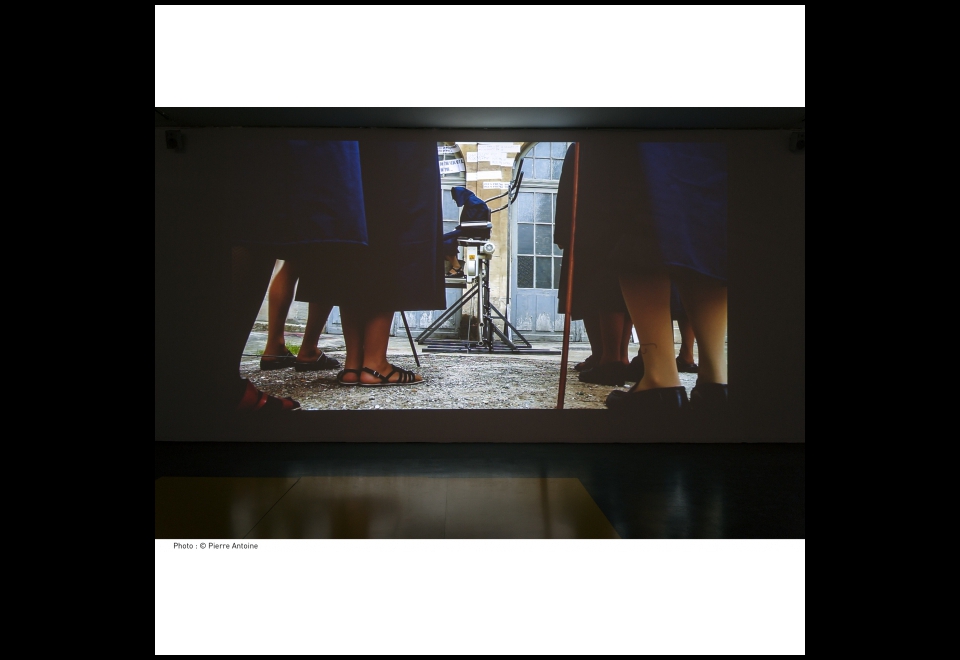
Vue de l'exposition Circuits, Bertille Bak
Musée d'Art moderne de la Ville de Paris, 2012
Photo Pierre Antoine

